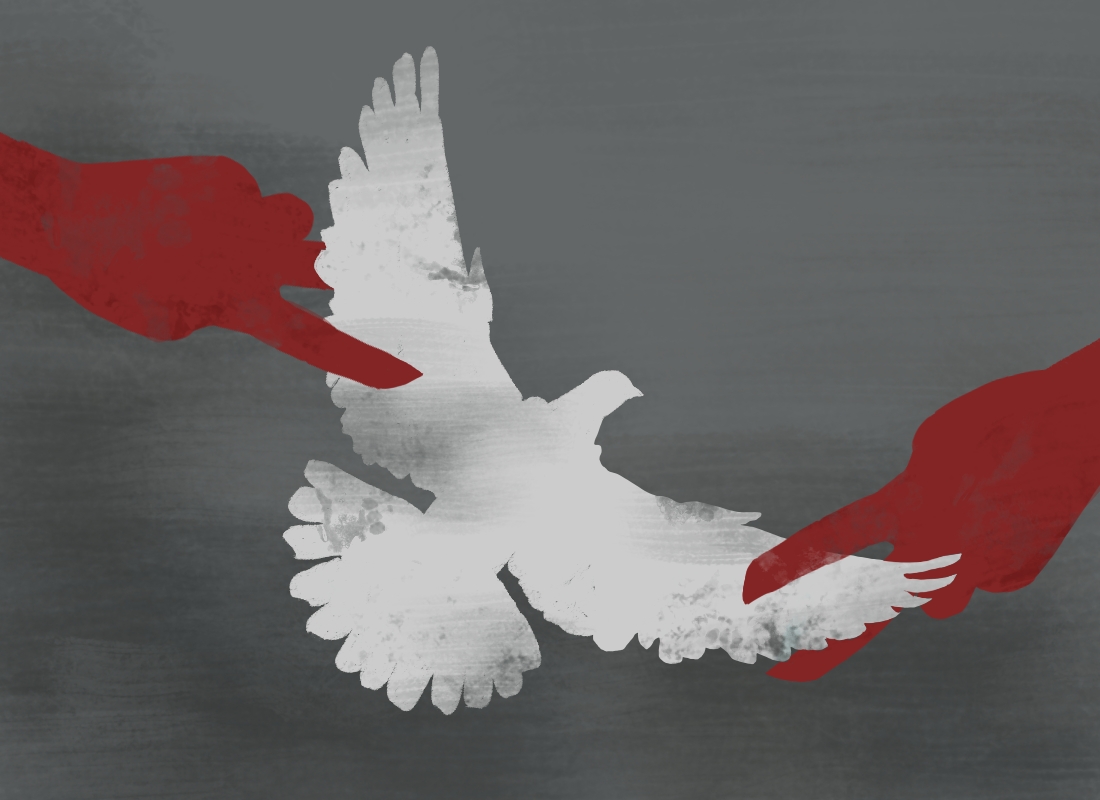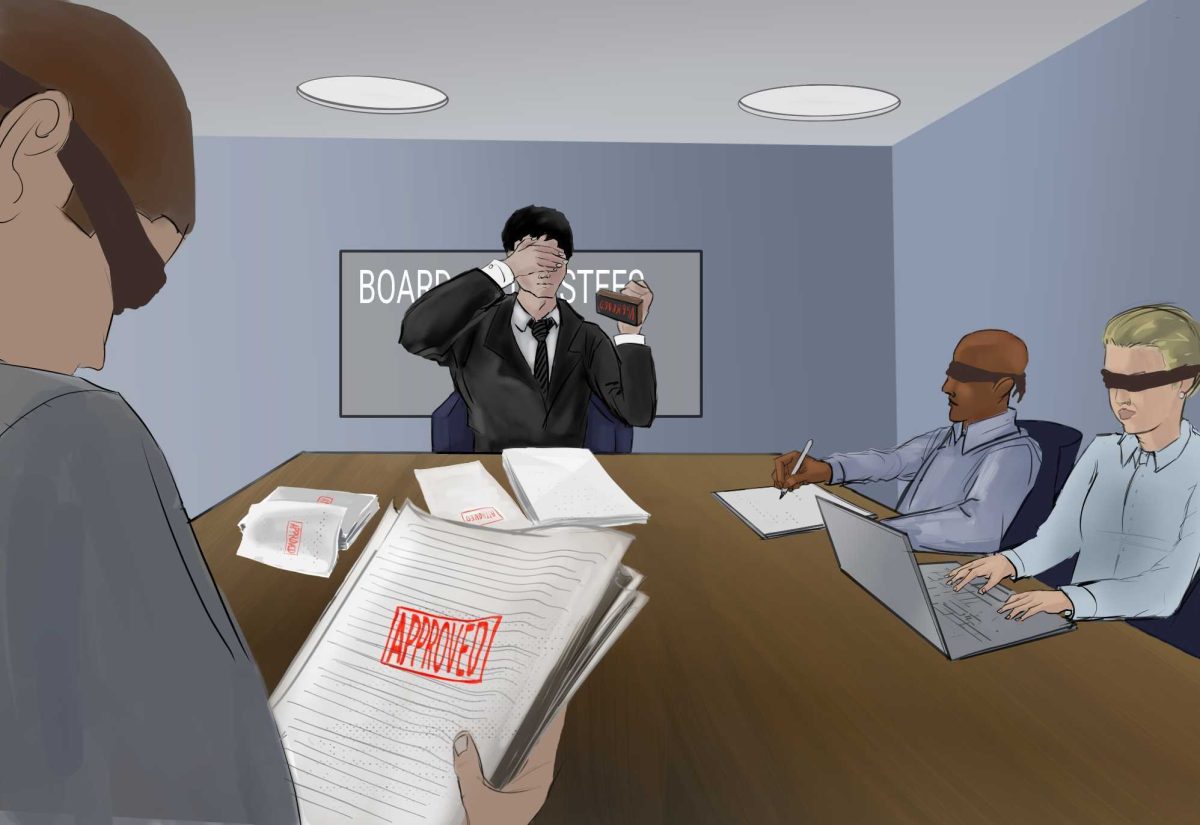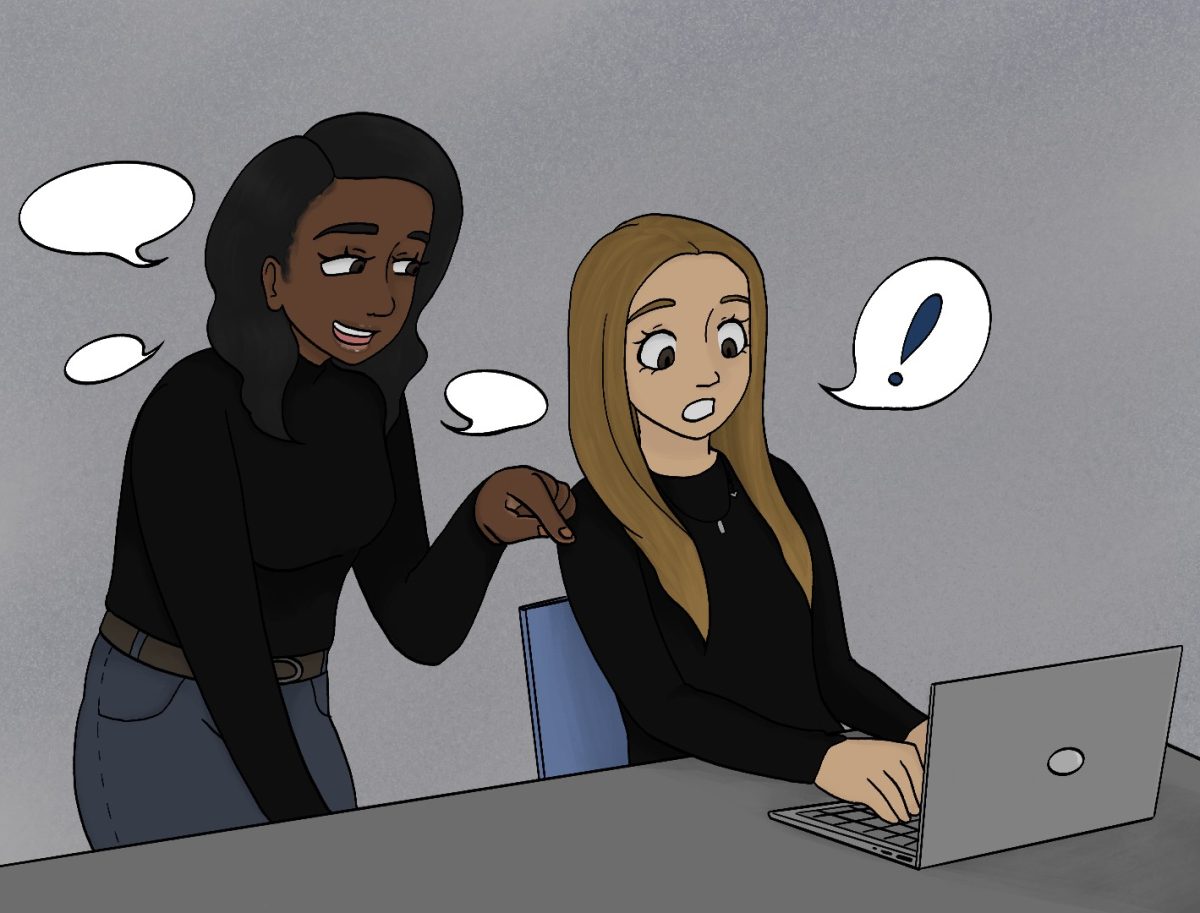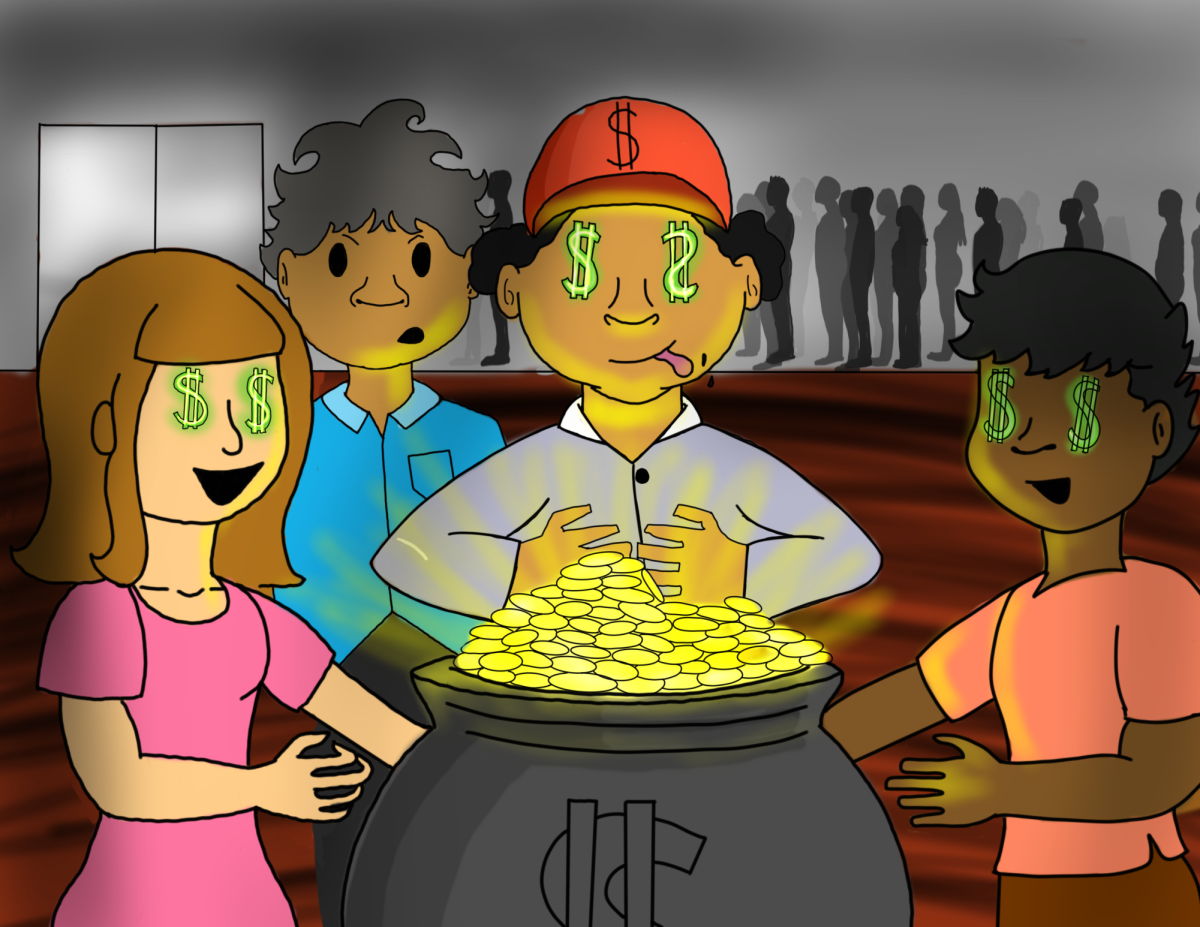Auxiliary Services is close to broke for two reasons, and on this issue both the administration and students need to find a solution to this problem.
For some reason, the board could not or would not cut its expenses despite years of bigger bills and smaller checks; instead, the board used its savings and investment accounts to maintain the same level of quality in college programs.
Although many students benefit from these programs that include athletics and fine arts, not enough ASB stickers have been sold to prevent the 22 percent budget cuts from being initiated this year.
Last semester, the board was pushing its $10 sticker, which would have solved the money problems if enough students had purchased it. Despite a strong effort to publicize the sticker and to sell more of them, the numbers did not change much.
Without the Auxiliary Services funding, the dozens of athletic programs on campus would not be able to afford equipment and many would not be able to afford to compete against other colleges. Thousands of students benefit from this organization, whether they are involved in athletics, fine arts or even the Union among others, because of the funding provided to their programs.
The forensics team and Union will have to cut back events and awards and the fine arts programs will not be able to host performances. Project Success, the honors and Puente programs will all have to be cut back dramatically as well.
No one is really to blame for these cuts because of so many factors, from state budget cuts to the price of fuel, which brings up transportation costs. Next week the Auxiliary Services Board, made up of faculty and student leaders and headed by Harold Tyler, director of student development, will make recommendations to college president Dr. Thomas Fallo on how to cut the budget.
One of the reasons expenses are up is because of staffing costs that in many cases could easily be taken care of by student volunteers.
One solution is for students to take more responsibility for the success of the programs they are part of by participating in duties that would normally be fulfilled by staff members This would all work if all students spent a little more time volunteering for their ASB-funded programs and just bought the sticker.
Selling more stickers is not enough, and although the cuts are necessary, providing inconsistent funding from year to year is not either.
Programs should expect lean budgets and be pleasantly surprised in the event of a surplus, instead of begging for more money once it is available.








